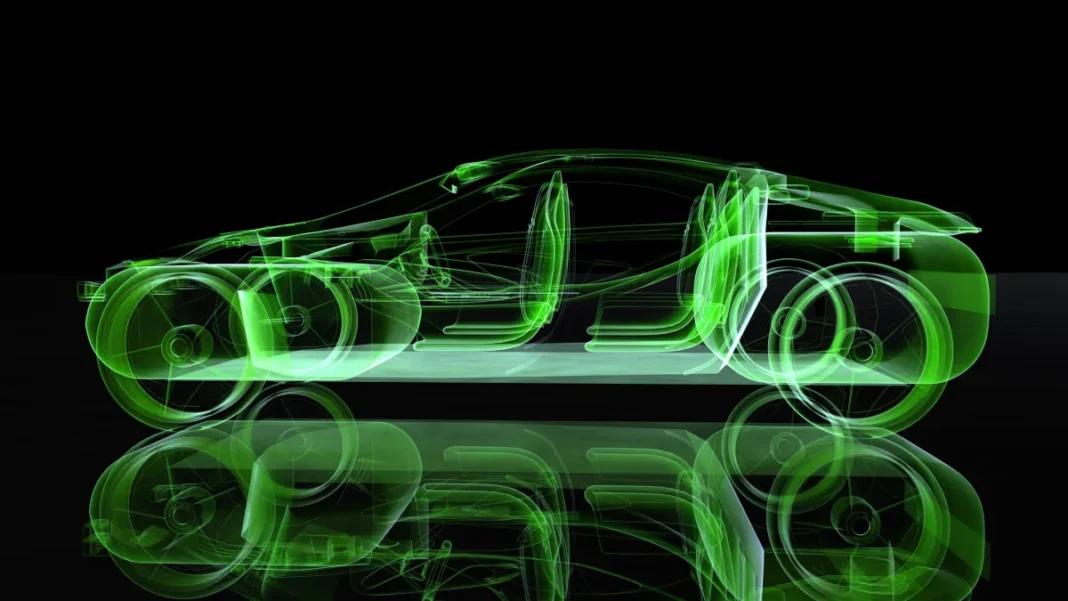
A major technological innovation may completely change the automotive industry in the coming years. Japanese researchers have developed a car maglev system, paving the way for a new era of ultra efficient and environmentally friendly ground transportation.
Firstly, a revolutionary concept inspired by high-speed trains. Maglev is not a new technology, it has been successfully applied to some high-speed trains, especially in Japan. Due to the lack of friction between vehicles and tracks, these trains can reach a dazzling speed of 500 kilometers per hour. The idea of applying this technology to automobiles represents a bold conceptual leap. A team of researchers from Okinawa University of Science and Technology accepted this challenge and developed a working prototype of a maglev vehicle for use on roads.
Secondly, clever systems that violate the laws of physics. The prototype developed by OIST uses a clever system to generate magnetic levitation, and researchers have created a test track equipped with diamagnetic materials and strong magnets. This configuration allows the vehicle to float on the ground for several centimeters or more, eliminating any friction with the ground. The main innovation lies in the use of crushed graphite, which is transformed into a paste through a special chemical process. Then, the paste is molded into a plate, with magnets integrated in a grid form. The power of these magnets is sufficient to produce magnetic levitation effect without the need for a constant external energy supply.
On the other hand, it significantly improves energy efficiency. The absence of friction has fascinating prospects in terms of energy efficiency, as the vehicle only needs an initial impulse to start, and theoretically it can continue driving indefinitely without any additional energy input. This feature may completely change our concept of car propulsion. There are no longer energy consuming and heavily polluting thermal engines, and there is no need for bulky batteries in electric vehicles. Maglev systems are expected to achieve unparalleled energy efficiency.
In addition, although this concept has a bright future, it still faces many obstacles before large-scale deployment. The main difficulty lies in the need to establish a completely new road infrastructure, and existing roads must be equipped with special materials and magnets to keep vehicles suspended. The cost of this renovation will be enormous, far higher than the cost of deploying electric vehicle charging stations. In addition, the technology still needs to undergo large-scale testing to ensure its reliability and safety under real-world conditions. Despite these challenges, the potential impact of this technology on our society is enormous. Engine free, quiet, and almost maintenance free cars may become a reality, and traffic congestion and air pollution in big cities may be greatly reduced. This innovation may also have an impact on the entire automotive industry. Manufacturers are expected to thoroughly rethink the design of their vehicles, paving the way for revolutionary designs and new features.
Overall, experts unanimously agree that the widespread application of maglev vehicles is not a one-time thing, and this technology may take decades to be widely adopted. However, in specific environments, the first batch of applications may appear faster. We are currently considering pilot projects on specific public transportation routes or industrial areas, which will enable the technology to be tested under practical conditions and evaluate its specific benefits. Finally, this technological breakthrough demonstrates Japan's innovative capability in the field of transportation, whether it is implemented on a large scale or not, it has stimulated research and opened up new perspectives for future transportation.

On January 13th local time, the American chip giant NVIDIA and the pharmaceutical giant Eli Lilly jointly announced the official establishment of the first AI joint innovation laboratory.
On January 13th local time, the American chip giant NVIDIA …
On January 9, 2026, a subpoena from the U.S. Department of …
When Trump announced on TruthSocial a 25% tariff on Iran's …
Recently, according to reports from KGO TV of ABC and CalMa…
On January 13, 2026, the STOXX Europe 600 Index closed 0.2%…
A recent major trade policy adjustment proposed by the Unit…